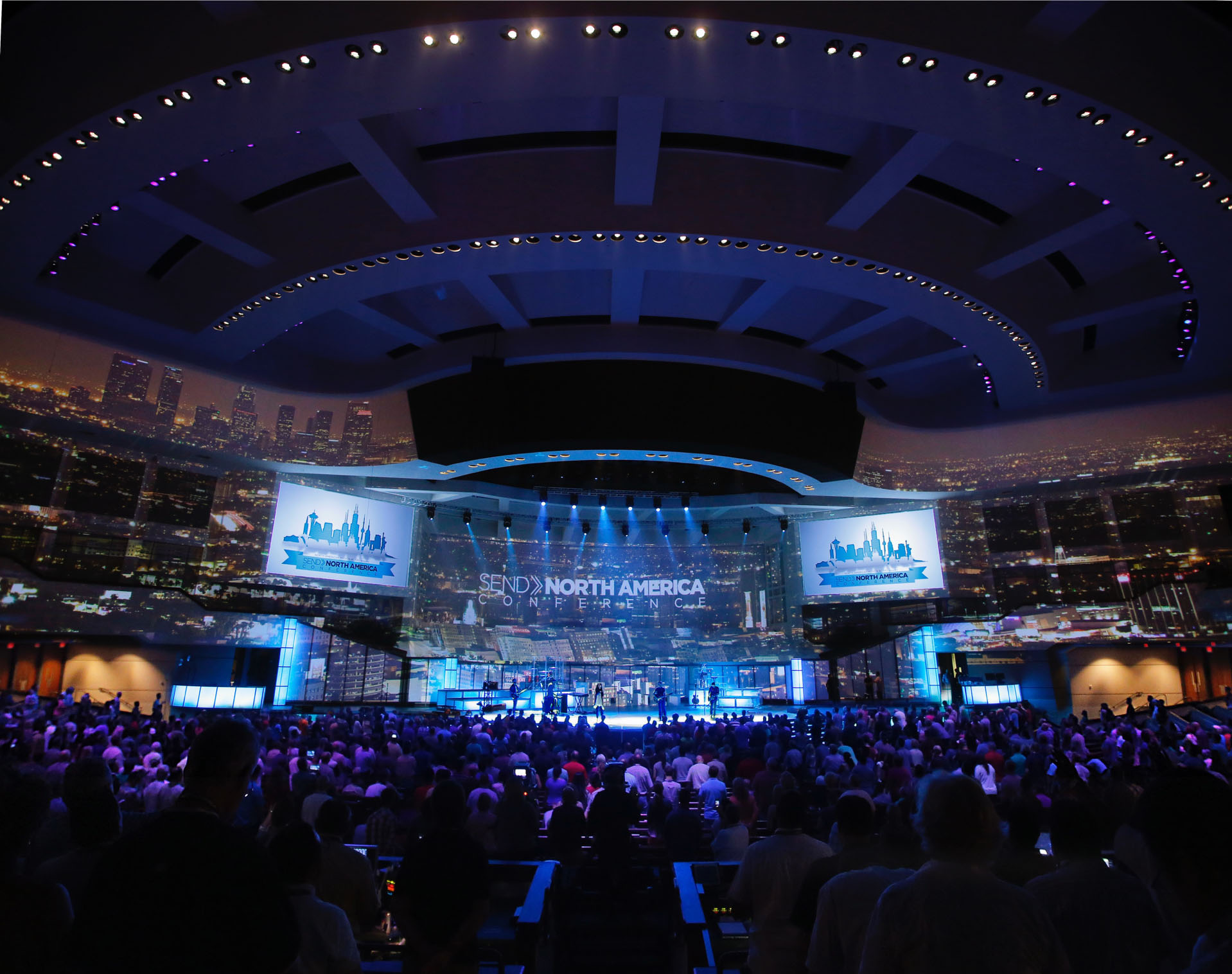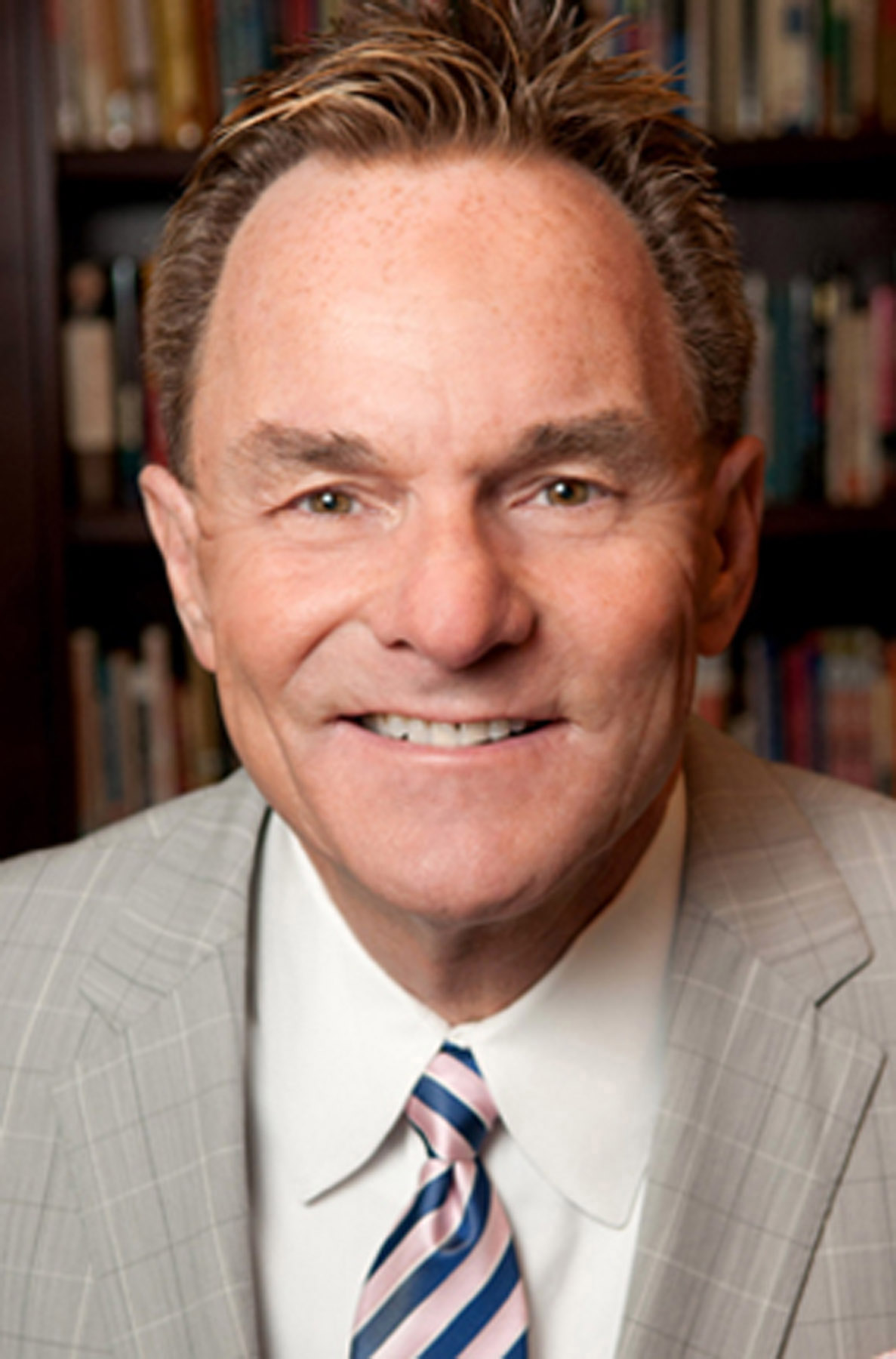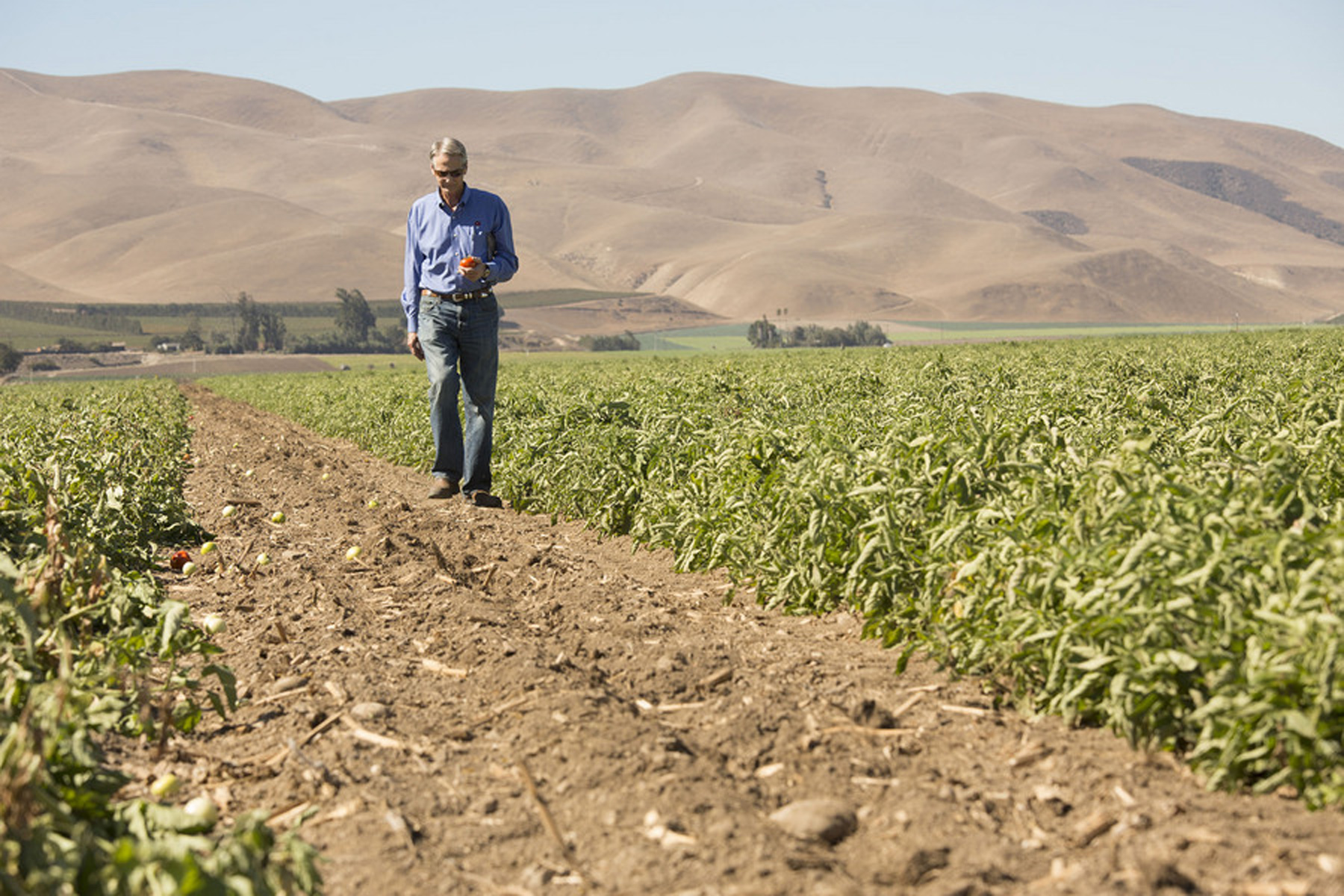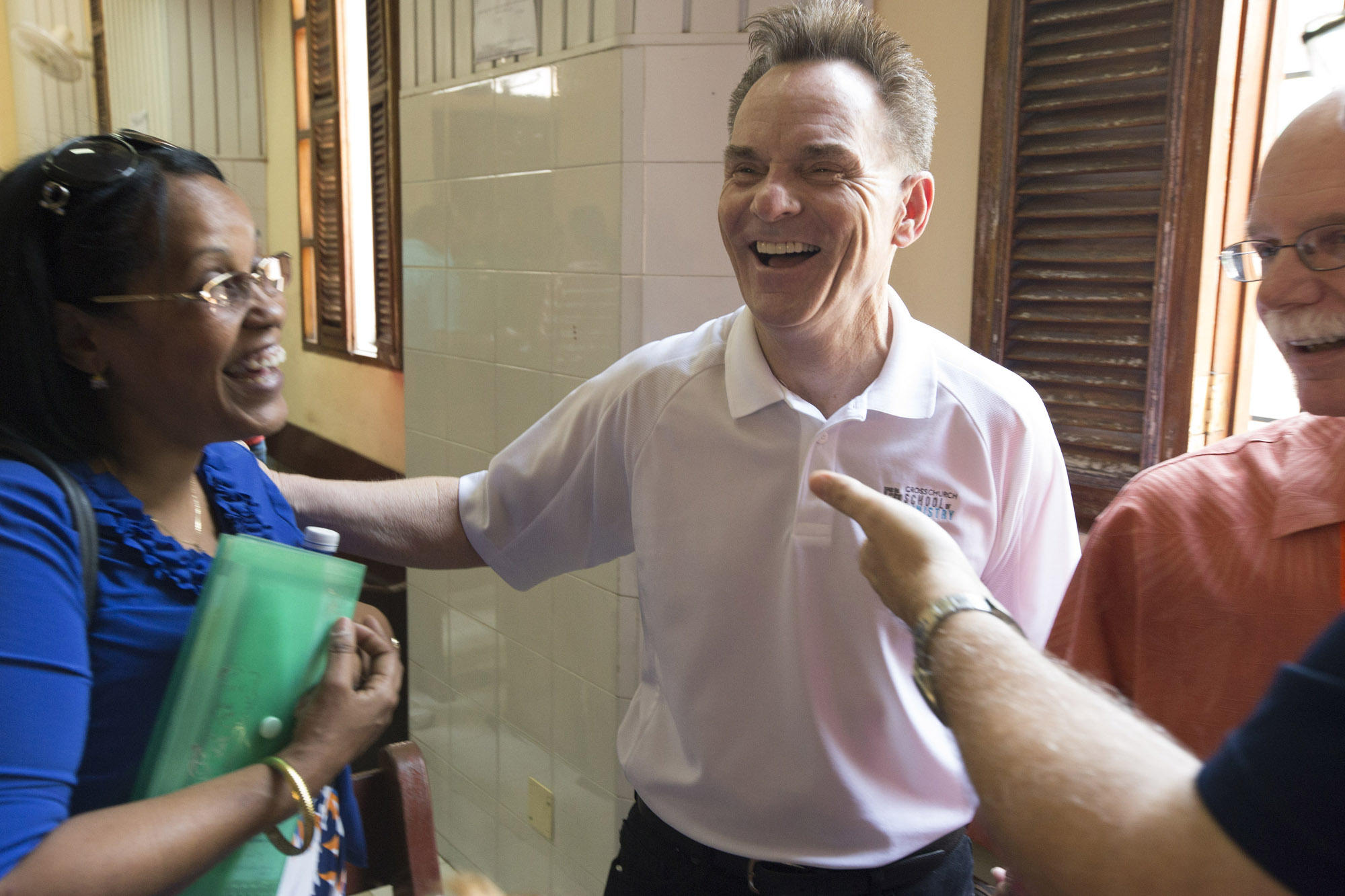
BUDAPEST, Hungary (BP) — Michael Domke had spent nearly 15 years planting churches in Ukraine when Russia’s war forced him out. Today, he typically drives 1,700 miles to several cities in Ukraine from Budapest, Hungary, continuing his work.
The International Mission Board worker is learning to live one day at a time.
“It’s easy to say we live by faith until you’ve got to,” Domke told Baptist Press. “And we’ve had to realize to a greater degree what living by faith is day by day, not really knowing where we will be tomorrow or what tomorrow holds. Not just for me and my wife, but for my kids, just not really knowing anymore.
“It’s just hard to say that, and to admit that I just don’t know, and yet still trust God.”
But Domke, who evacuated from Kyiv, has continued to experience success planting churches in Ukraine, drawing unbelievers who’ve been taught to view Baptist churches as cults amid the Orthodox Christian congregations. Domke is one of IMB’s two team leaders for church planting in Ukraine.
“Some of the churches are growing incredibly. So praise God. We’re seeing God do incredible things,” he said. “Even through this tragedy, churches that desire to, that are working with what God has done within the situation, they’re seeing lots of growth.”
On his trip into Ukraine in late June, he visited a church plant in Izmayil in southwestern Ukraine that was launched as a second campus to serve internally displaced persons fleeing war zones. About 350 people attended the launch service, Domke said.

“And it’s not isolated there,” he said. “We’ve started several new churches in the country since the war started. My whole attention and my whole focus has been inside the country.”
In Lutsk, in northwestern Ukraine, a church that lost nearly all its members when residents fled the war, now has about 250 in Sunday worship, Domke said.
“Both of these churches have baptized lots of people since the war started,” he said. “It’s just been phenomenal what God has done in the midst of this war, for churches that have stayed, that are working hard, that are meeting needs and loving people.”
The war led many Baptist congregations to evacuate, with about 400 churches lost within the first six months of the war.
Churches that have been able to continue have done so under great stress.
Domke tells of two church planters in Zaporizhzhia, the site of the Zaporizhzhia Nuclear Power Plant, and in Kryvyi Rih, Ukrainian President Volodymyr Zelensky’s hometown which Russia bombed in June. The families sleep in the internal hallways of the buildings to survive bomb strikes and hold onto piping within the building for stability when bombs shake their apartments.
“They’re pretty nervous. You can deal with it for a little while, but it interferes with everything and everyday life. The stress is pretty high on them,” Domke said. “They’re still ministering. They’re still living day by day, doing their ministry. They’re still having church services. They’re still doing everything they were, but under a different type of stress now.”
Domke has helped church planters through 30 Send Relief outreaches in Ukraine — some of them ongoing — that have poured $1.3 million into the country, he told Baptist Press. New churches are sprouting in communities Russia occupied early in the war, where Russia has left heavy structural damage and human carnage.
Domke visits congregations frequently. From Budapest, he reenters Ukraine every four to six weeks, visiting several cities. In late June, he traveled 1,700 miles, spent 43 hours in his car, spent the night in four different cities and met with church planters, encouraging them in their work and offering needed support.
His help includes offering respite for pastors, typically arranging for them to travel to western Ukraine away from war zones. But as recently as July 6, Russia bombed residential areas of Lviv on the Ukraine/Poland border, which had been a safe stopping point for Domke on his trips into the country.
Domke appreciates the prayers and support of Southern Baptists, especially as the war lingers.
“Don’t forget us. Don’t become callous to what’s happening, just because it’s been going on for a year and a half,” he said. “Don’t become callous. We are your missionaries and we are still there trying to reach Ukrainians for Christ.
“It’s harvest time in Ukraine today. There are so many people coming to faith in Christ,” Domke said. “It’s amazing.”





















